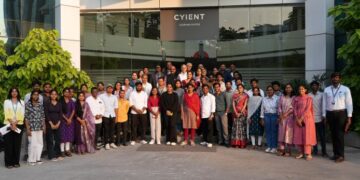Council of Ethics, Women’s Indian Chamber of Commerce and Industry (WICCI) in its newly released Employability Skills Review 2020-21 says that Tier-1 cities does not guarantee higher employability levels.
An employability test was administered to 10,043 students representing 1,774 academic institutions and who have, at the time of publishing this report, gained employment in 6,084 organisations. Additionally, the responses spanned over 1,089 cities, covering 28 States and 7 Union Territories. The study was conducted in collaboration with Global, Review, Assessment and Determination of Employability (GRADE).
The key findings from the report are:
- Despite the popular belief that Tier-1 students are better equipped for jobs, students from Tier-2 and Tier-3 cities performed as good as students from Tier-1 cities, which indicates that living or studying in Tier-1 cities does not guarantee higher employability levels.
- The marks obtained in Class 10th and Class 12th had no correlation with employability, indicating that school-level exams are not a great measure of skill requirements for a job.
- Management, humanities, law and arts students scored higher on the employability assessment than engineering students.
- Nagaland, Meghalaya, Maharashtra, Chhattisgarh, Goa and Rajasthan are the top 5 states with highest employability scores. Only 15 States and 3 Union Territories score higher than the National Employability Average.
- The National Employability Average stands at 54.22%, which indicates a major skill gap in the upcoming workforce.
- From the 11 Skills that were tested and analysed, students scored relatively higher in Structured Approach, Motivation and Ability to Undertake Tasks, in comparison to Communication, Stress Management and Focus, which were ranked as the least available skills.
You can access the complete report here: http://councilofethics.org/2021Employability.pdf
The Employability Skills Review focuses on reporting the state of employability and skill-availability across different demographics.












